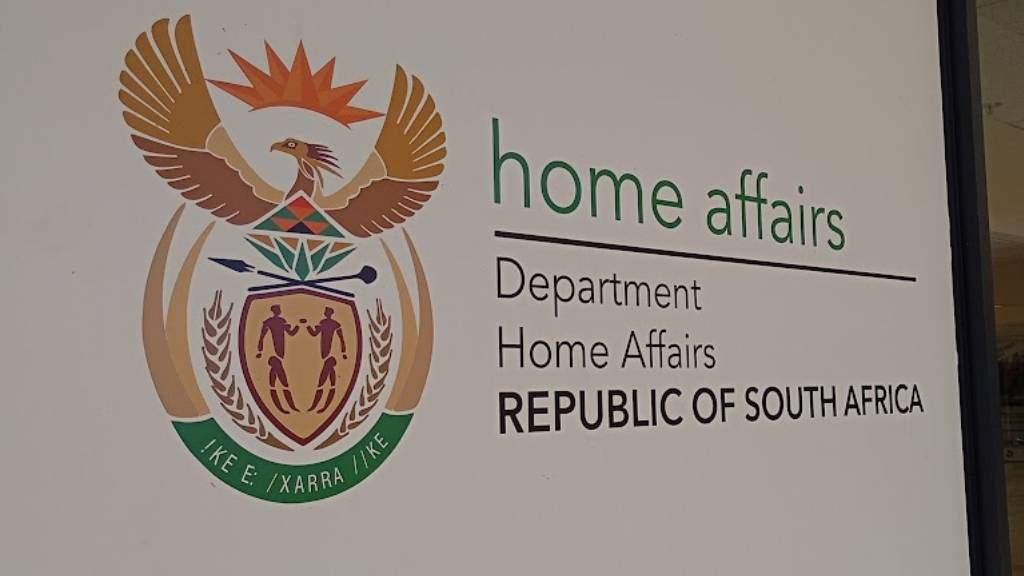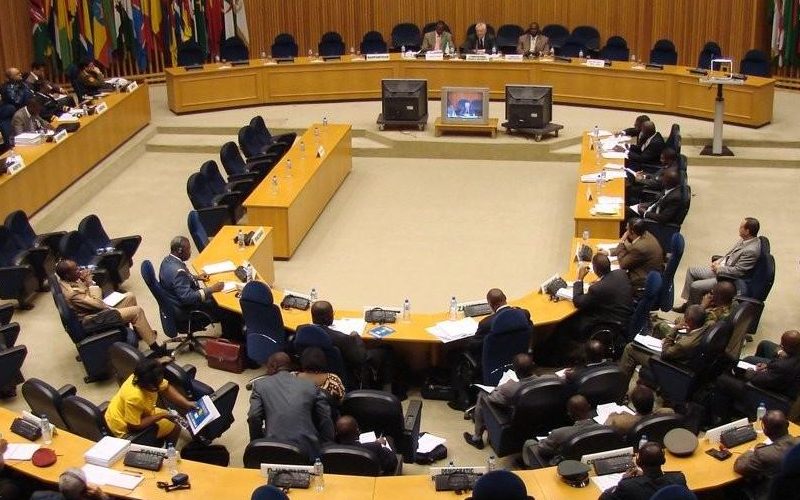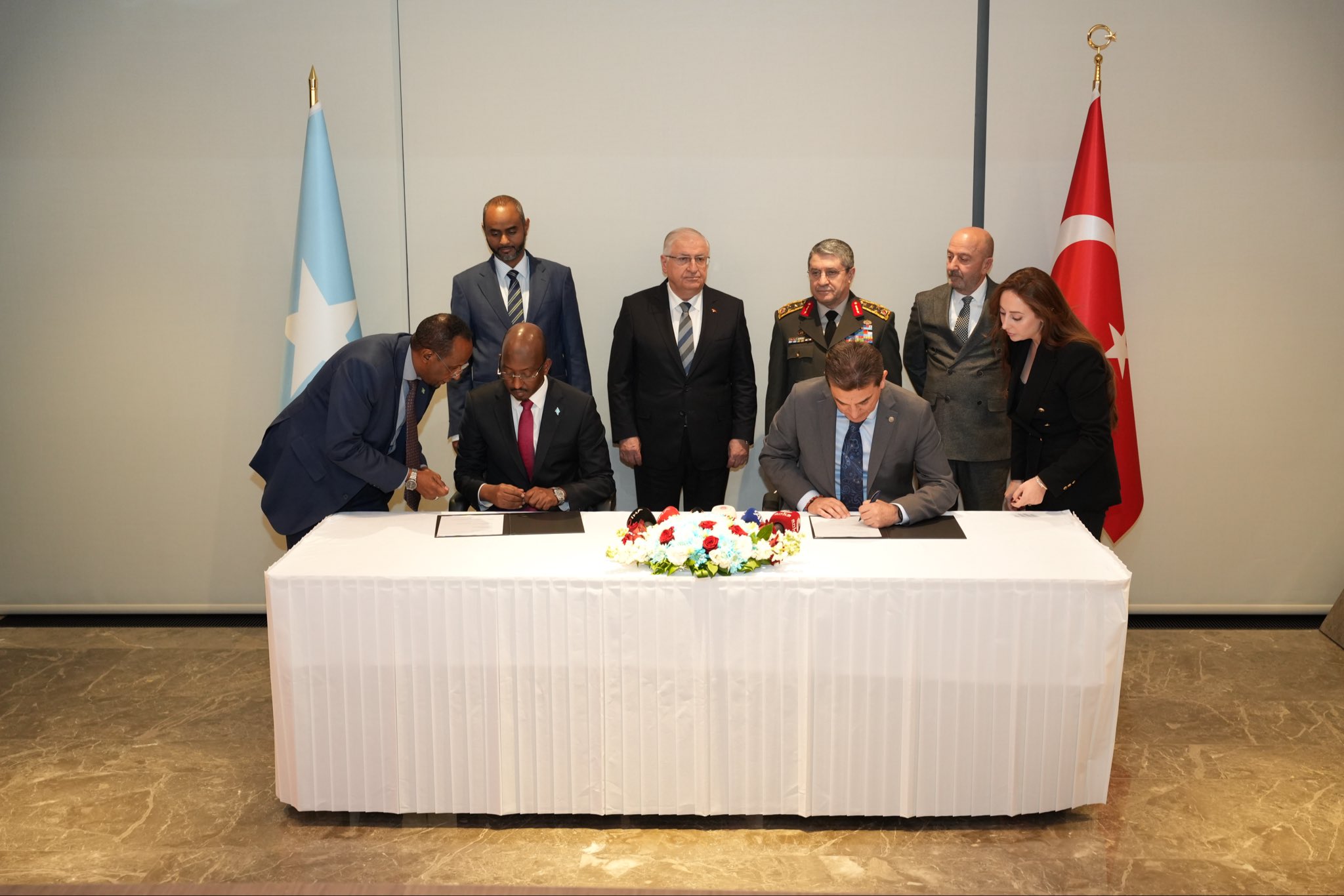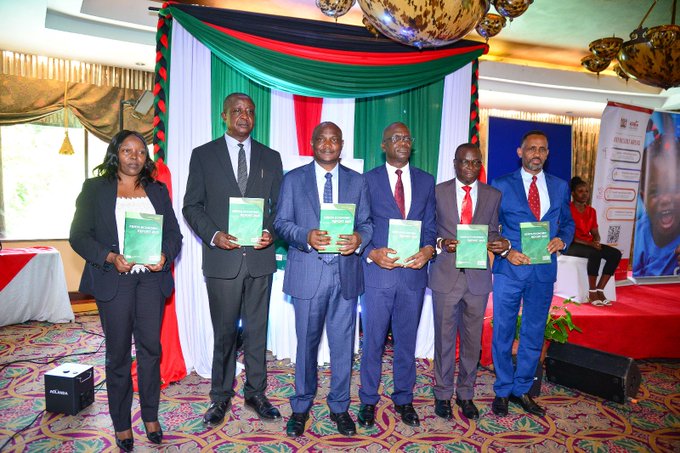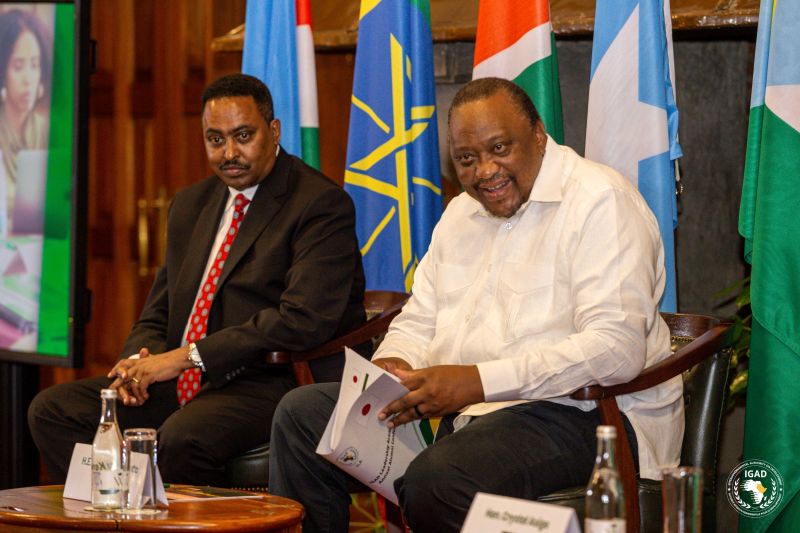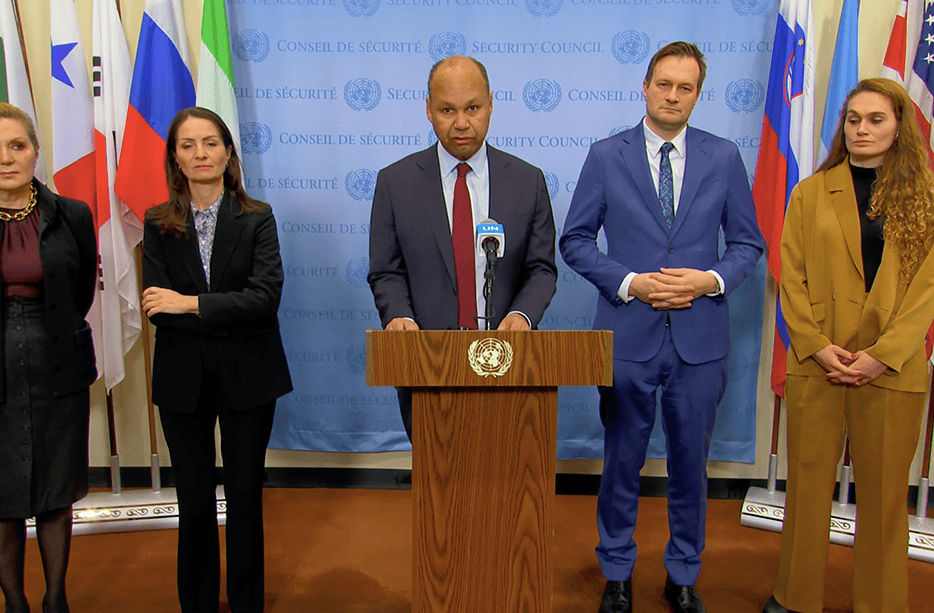OPINION: Abolishing ID vetting will help build a more inclusive Kenya

Abolishing vetting is not merely a symbolic gesture but a critical step towards fostering a more inclusive society.
In a nation built on the ideals of unity, equality, and human dignity, the discriminatory practices surrounding the issuance of vital documents to Kenyan Muslims is a stain on our collective conscience.
President William Ruto’s announcement abolishing the vetting for Kenyans seeking national identity cards, irrespective of their religion or region, is a laudable step towards rectifying a long-standing injustice.
More To Read
- Kenyan Muslims mark one year of humanitarian support for Gaza with major Nairobi event
- New era in Wajir as students celebrate as ID cards arrive just one week after registration
- Rights groups slam new ID rules, say they discriminate against Muslims and minorities
- Six civil society groups urge government to 'end discriminatory ID vetting'
- Pastoralist group slams Gachagua over claims on Ruto's vetting policy
- Muslim Advisory Council demands disbandment of Waqf commission selection panel
The vetting, which has disproportionately impacted Muslims in the northern region of Kenya, is a relic of a bygone era, rooted in the mistrust and ethnic profiling that plagued the nation during the Shifta insurgency of the 1960s.
For far too long, this practice has perpetuated the notion that certain Kenyans are second-class citizens, subject to scrutiny and suspicion simply because of their faith or place of birth.
The issuance of vital documents, such as birth certificates, national identity cards, and passports, is not a privilege to be granted selectively. it is a fundamental right that should be afforded to every Kenyan, regardless of their religious or ethnic background. These documents unlock access to essential services, employment, and participation in nation-building.
By subjecting Muslims, particularly those from the northeastern regions, to discriminatory and unfair vetting processes, we not only violate their basic human rights but also undermine the very foundations of our democracy.
The consequences of this discriminatory practice extend beyond the individual level. It contributes to marginalisation and alienation, breeding resentment and distrust of the institutions meant to serve and protect all Kenyans. When entire communities feel disenfranchised and excluded from the national discourse, it undermines our collective efforts to foster unity, social cohesion, and national development.
The vetting is a logistical and administrative burden, consuming valuable resources and perpetuating inefficiencies in government institutions. By streamlining the process and eliminating unnecessary barriers, we promote equality and human dignity and enhance the efficiency and effectiveness of our bureaucratic systems.
Abolishing vetting is not merely a symbolic gesture but a critical step towards fostering a more inclusive society. By ensuring all Kenyans, regardless of their faith or place of birth, have equal access to vital documents, we can empower individuals, strengthen communities, and promote greater social and economic integration.
However, this policy change alone is not enough. The root causes of discrimination and marginalisation that have plagued our nation for decades must be addressed. This includes promoting education and awareness campaigns to combat prejudice and stereotypes, investing in the development of marginalised regions, and fostering greater representation and participation of all communities in making decisions that shape our nation.
We must remain vigilant and hold our institutions accountable, ensuring that the implementation of this policy change is transparent and fair, and respects the dignity of all Kenyans. It is our collective responsibility to uphold the principles enshrined in our constitution and to challenge any attempt to perpetuate discriminatory practices, no matter how subtle or well-intentioned.
As we embark on this journey towards a more inclusive and equitable Kenya, let us remember that our diversity is not a weakness to be overcome but a strength to be celebrated. By embracing and uplifting all our citizens, regardless of their religious or ethnic backgrounds, we can tap into the vast potential and richness of our nation, unlocking new horizons of progress and prosperity.
The issuance of vital documents is a symbol of our shared humanity and a testament to our commitment to the ideals of justice, equality, and human dignity.
By ensuring that Muslims and all Kenyans equally access these essential documents, we affirm our commitment to building a nation where every individual is treated with respect and dignity, and as a full and equal citizen.
Abolishing the vetting is a positive step, but it is important to acknowledge the security concerns that have historically been cited as justification for it.
Proponents of the vetting system say it is a critical tool for identifying potential security risks and maintaining the integrity of our national identity documents. They say the unique challenges faced by the northeastern regions necessitate heightened scrutiny to protect all Kenyans.
The counterargument is that these security concerns, while valid, do not justify the blanket discrimination and denial of fundamental rights to entire communities. Effective security measures can and should be implemented to respect human rights.
In the words of our national anthem, let us "dwell in unity, peace, and liberty," recognising that our strength lies in our diversity and our unwavering commitment to upholding the rights and dignity of all Kenyans, regardless of their faith or place of birth.
The writer is a public policy specialist and a management consultant. [email protected]
Top Stories Today



